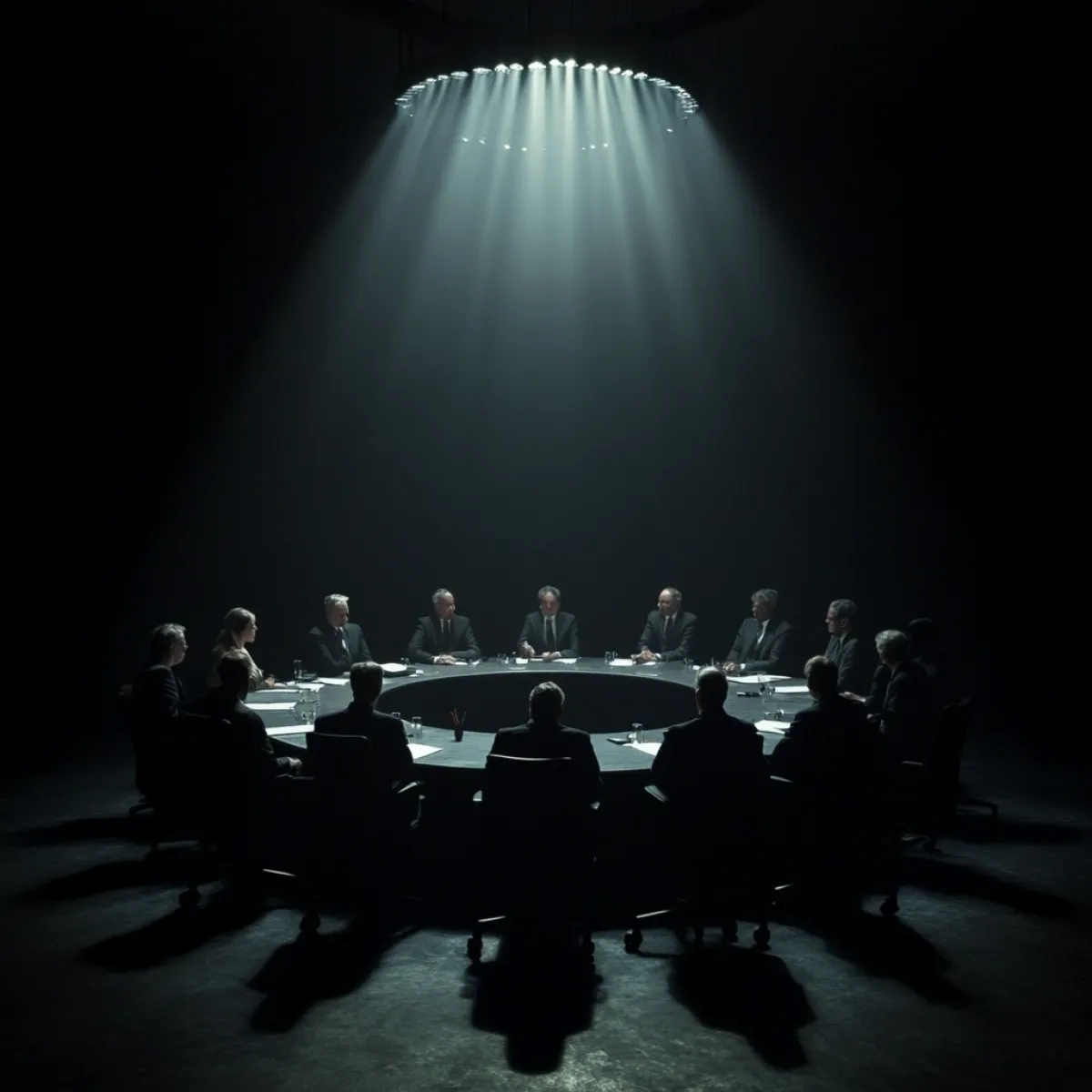Piercing the Corporate Veil: Insights from a Recent Judgment and the Consumer Protection Act Piercing The Corporate Veil

Typically, shareholders and directors of a corporation are shielded from personal liability for the actions and debts of a corporation. However, there are certain situations in which the courts will “pierce the corporate veil,” rendering persons liable for corporate conduct.
A recent decision in The Plaintiff v. Sakellaris (SC-21-7298) illustrates how the Consumer Protection Act, 2002 (CPA) can be used to pierce the corporate veil and prevent an individual from using a corporate entity to shield themselves from liability for their unfair business practices.
Background
The case involved a contractual dispute between the Plaintiff, and RoofTech Industries Corp, a roofing company solely owned by Georgios Sakellaris, the individual defendant.
On June 26th 2021, the Plaintiff hired RoofTechIndustries to repair his roof (the “Contract”). The agreed-upon price for the Contract was $11,000.00 (the “Contract Price”). As required under the Contract, the Plaintiff transferred a deposit of $3,300.00 to RoofTech (the “Deposit”).
Despite paying the Deposit, Mr. Sakellaris continuously made excuses for his failure to commence the work pursuant to the Contract. Mr. Sakellaris would provide excuses such as the weather did not permit working on the roof or that his crew was behind on other projects.
In early July 2021, Mr. Sakellaris tried to extract an additional payment from the Plaintiff despite not commencing any work on the Plaintiff’s roof. Mr. Sakellaris told the Plaintiff that RoofTechh secured a large project with the City and it could purchase materials for the repair of the roof at a discounted price and offered to pass that discount to the Plaintiff if the Plaintiff paid an additional deposit. When the Plaintiff refused, Mr. Sakellaris offered to discount the Contract Price if the Plaintiff paid an additional deposit.
The Plaintiff ultimately paid an additional $3,300.00 (the “Additional Deposit”) and Mr. Sakellaris reduced the Contract Price from $11,000.00 to $9,500.00.
Despite paying the Additional Deposit, Mr. Sakellaris did not commence working on the Plaintiff’s roof.
By July 24th, 2021, Mr. Sakellaris still had not commenced working on the Plaintiff’s roof and was still providing the Plaintiff with various excuses as to why he had not commenced work on the roof. As a result, the Plaintiff requested a full refund of the $6,600.00 he had paid to RoofTech. Mr. Sakellaris told the Plaintiff his request for a refund had been transferred to RoofTech’s accounting department and the Plaintiff would be contacted with a refund.
On July 26, 2021, Mr. Sakellaris advised the Plaintiff that he fell off a ladder the day before and fractured his knee and offered to commence working on the Plaintiff’s roof the following week (August 1, 2021). The Plaintiff reluctantly agreed. However, Mr. Sakellaris did not attend on August 1st or 2nd. Instead, on August 3rd, 2021, the Plaintiff received a letter, by email, from RoofTech advising that due to the injuries sustained by Mr. Sakellaris from the fall on July 25, 2021, RoofTech was ceasing its operations effective immediately. RoofTech offered to return the deposits by making monthly payments of $100.00 to the Plaintiff.
The Plaintiff refused RoofTech’s offer to settle and issued a claim against RoofTech and its sole director, Mr. Sakellaris for the return of his deposits.
Both RoofTech and Mr. Sakellaris defended the action arguing that the Contract had been frustrated and that Mr. Sakellaris could not be personally liable because the Contract was between the Plaintiff and RoofTech and not with Mr. Sakellaris in his personal capacity.
During the course of the litigation, RoofTech filed for bankruptcy and the action was discontinued against RoofTech and proceeded against Mr. Sakellaris only.
Decision
During the trial of the action, it was revealed that Mr. Sakellaris sustained a serious knee injury on June 17, 2021, and not on July 25, 2021, as he stated to the Plaintiff. It was revealed that Mr. Sakellaris was never in a position to personally perform the Contract. Further, despite advising the Plaintiff that RoofTech had many employees, Mr. Sakellaris was the only individual working for RoofTech.
After reviewing the Plaintiff’s evidence and hearing the Plaintiff’s testimony, the Court concluded that Mr. Sakellaris was injured before RoofTech entered into the Contract. The Court further, held that Mr. Sakellaris made “false, misleading and deceptive representations as defined in section 14(1) and 14(2) sub-sections (8) and (9)” of the CPA.
The Court found that Mr. Sakellaris knew that RoofTech would not be able to perform the Contract because Mr. Sakellaris was the only employee of RoofTech and he was severely injured.
The Court found that pursuant to section 18 (12) of the CPA and the case of Polito v. 120155 Ontario Limited, Mr. Sakellaris “engaged in an unfair practice” and as such he was “jointly and severally liable with RoofTechIndustries, who is the ‘person’ that entered into the Contract with the Plaintiff”.
Mr. Sakellaris was ordered to pay the Plaintiff (1) the full amount of the deposits, (2) the difference between the Contract Price and the amount the Plaintiff paid a new contractor to repair his roof and (3) legal costs.
Key Takeaways for Consumers and Businesses
This case demonstrates several important points for both consumers and businesses in Ontario:
- The CPA can effectively hold individuals personally liable in consumer transactions where unfair practices are involved, even when those actions are carried out through a corporation.
- Individual directors, owners, or employees who personally engage in unfair practices can be held liable, irrespective of corporate protections.
- The liability extends beyond simple breach of contract to include deceptive conduct and misrepresentation.
- The CPA’s consumer protections remain enforceable even when a corporation becomes insolvent or bankrupt.
For consumers, this ruling highlight the importance of documenting all communications and understanding your rights under the CPA. For businesses, it serves as a cautionary tale that incorporation does not offer absolute protection against personal liability in consumer transactions. If you believe your rights as a consumer have been violated, or you face challenges with a breached contract, we are here to help! Contact us for a consultation today.
Latest News
Do you want to know more,
or need a consultation?
with our firm.








